Comparing Fractions Reading Worksheets for Ages 3-8 - Page 2
37 filtered results
-
From - To
Comparing fractions is a fundamental mathematical concept that lays the groundwork for later skills in numeracy, reasoning, and critical thinking. For children aged 3-8, understanding fractions fosters cognitive development and enhances their ability to grasp more complex mathematical ideas in the future. Parents and teachers should care about comparing fractions reading because it promotes intuitive learning through relatable contexts.
These early experiences with fractions help children develop a sense of quantity and proportion—skills that are crucial in daily life, whether in cooking, sharing, or measuring. Furthermore, engaging children with fraction comparison activities can spark curiosity and encourage logical thinking. Concrete experiences, such as using visuals, manipulatives, and storytelling, make the abstract concept of fractions more accessible and enjoyable for young learners.
Fostering an understanding of fractions at this age not only strengthens mathematics skills but also enhances problem-solving abilities and perseverance through challenges. Parents and teachers play a pivotal role in creating a supportive environment where children can explore these concepts. Ultimately, nurturing mathematical literacy early encourages confidence and lays a strong foundation for future learning, benefiting children's overall academic journey.




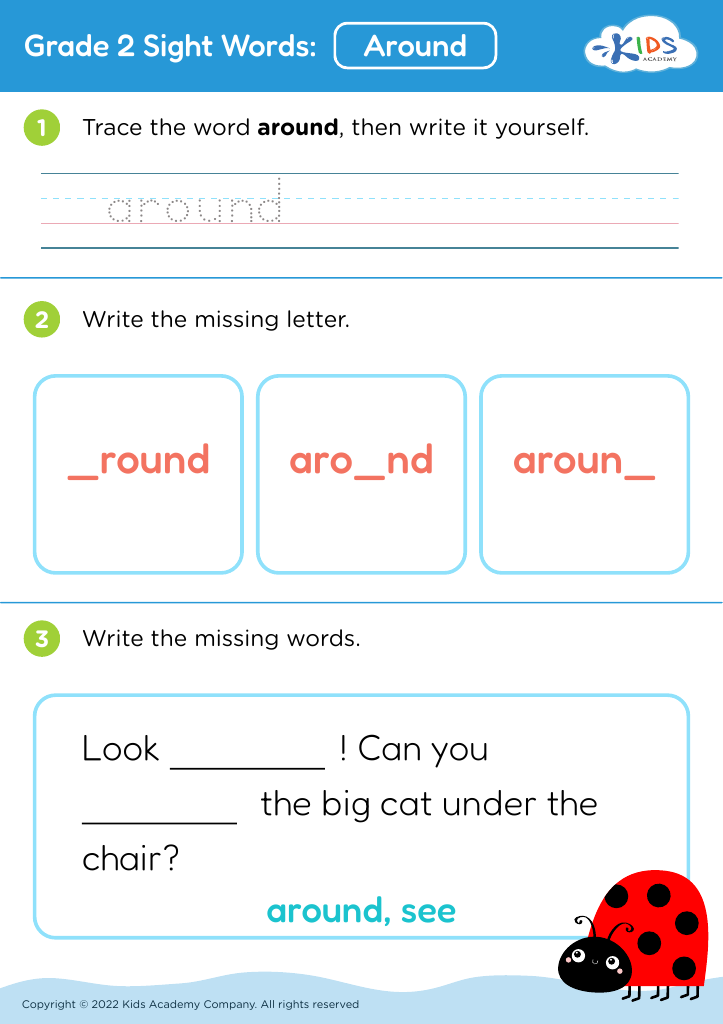
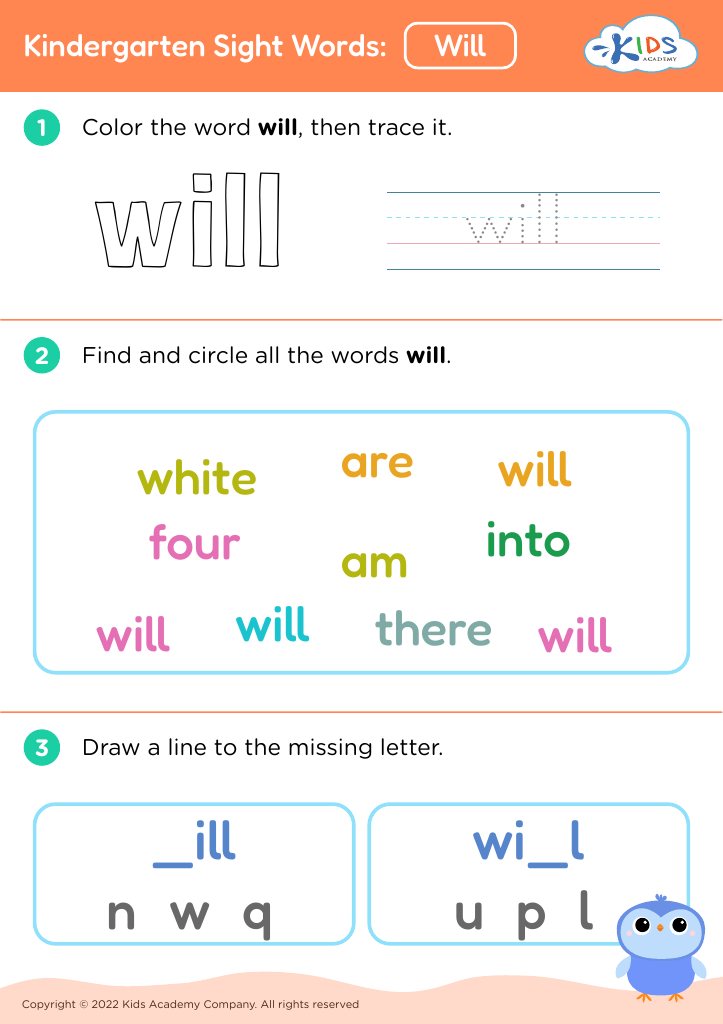
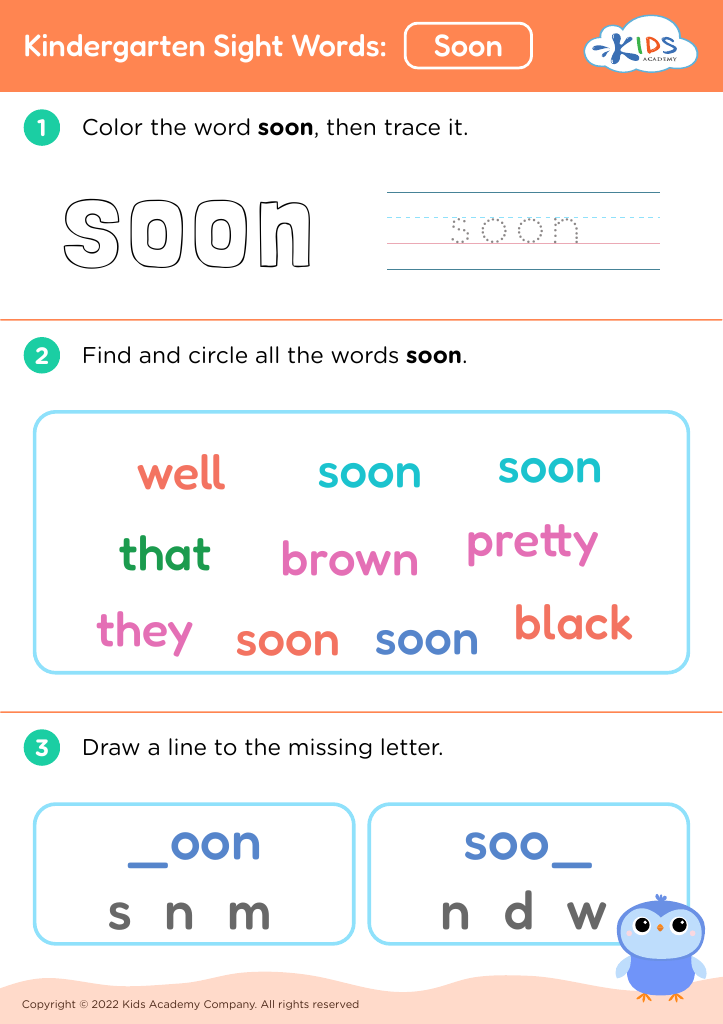



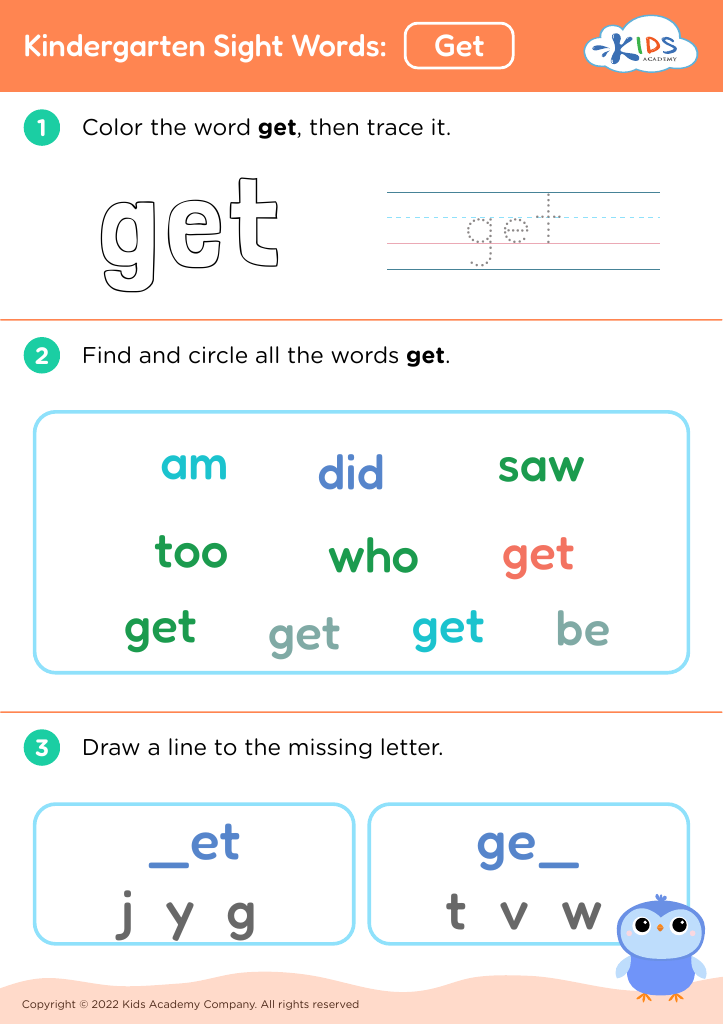
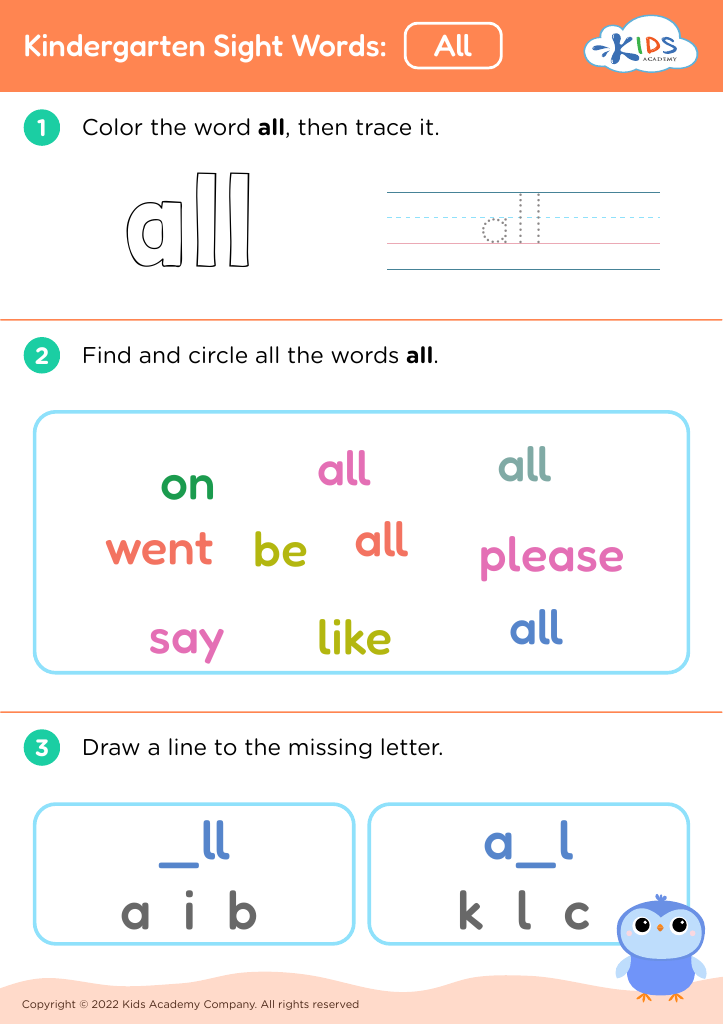






.jpg)










